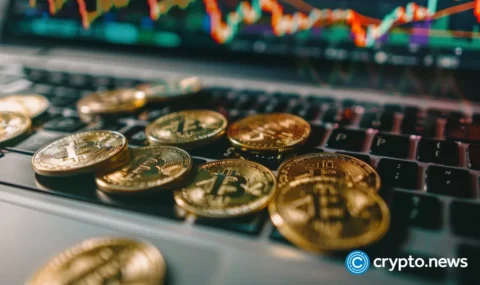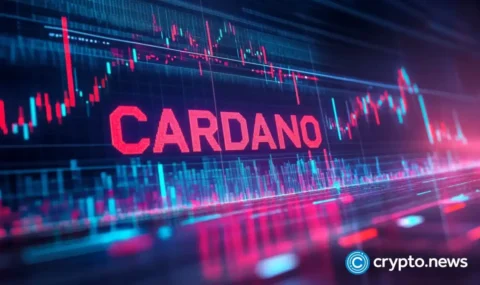
South Korean BDACS’ official stablecoin, KRW1, will be issued on Circle’s blockchain Arc. This marks the second integration for the stablecoin after its initial launch on Avalanche.
Summary
- South Korean firm BDACS has partnered with Circle to launch its Korean won-backed stablecoin, KRW1, on Circle’s new Arc blockchain, aiming to expand South Korea’s reach into the global stablecoin market.
- Fully backed by the Korean won and verified through Woori Bank, KRW1 represents South Korea’s growing push toward regulated digital assets as the government prepares new stablecoin legislations.
According to a recent report by Yonhap News, South Korean digital asset company BDACS announced plans to start issuing its official Korean won-backed stablecoin KRW1 on Circle’s new Layer-1 blockchain Arc. The initiative aims to strengthen South Korea’s presence in the global digital currency ecosystem by expanding the adoption of compliant, asset-backed stablecoins.
To advance this effort, BDACS has signed a memorandum of understanding with Circle. The agreement between the two stablecoin issuers seeks to establish a framework for technical collaboration, regulatory alignment, and ecosystem development.
This partnership is expected to leverage Circle’s expertise in stablecoin issuance and blockchain infrastructure to ensure the secure and transparent operation of KRW1.
CEO of BDACS, Hongyeol Ryu views the company’s collaboration with Circle as a meaningful step in bringing Korean innovation onto the global financial ecosystem, especially with the rise of non-dollar backed stablecoins.
“By distributing KRW1 to Circle’s Arc, we have opened a gateway for Korean companies to participate in the global stablecoin network,” said Ryu.
Described as Circle’s “most ambitious infrastructure play to date,” Arc is a relatively new stablecoin-native blockchain that was established by the stablecoin giant in August 2025. The new blockchain aims to serve as a foundation for tokenized assets, on-chain payments, and programmable finance.
The Arc blockchain is integrated directly with Circle’s existing products and services, including major stablecoins like USDC (USDC) and EURC (EURC). By bringing KRW1 into Circle’s stablecoin-driven blockchain, the token could gain more global exposure as it prepares to enter the wider stablecoin market.
KRW1 and South Korea’s bid for stablecoin domination
Launched in September 2025, KRW1 is a stablecoin that is fully backed by South Korean won. One of the first in the market, each token is backed on a 1:1 ratio, with Korean won held in escrow at Woori Bank with real-time API integration enabling verifiable proof of reserves.
Initially the project was issued on the Avalanche (AVAX) blockchain, which BDACS claimed was chosen due to its security features and performance. Although, it also plans to integrate the won-pegged stablecoin into more networks overtime.
In preparation for the launch, BDACS has completed the trademark registration for KRW1 since as early as December 2023, signaling its long-term commitment to building a trusted and regulated digital asset linked to the Korean won.
As previously reported by crypto.news, the company stated that KRW1 is designed to facilitate remittances, everyday payments, investment activities. BDACS also expects the token to eventually be used in government initiatives such as emergency relief distribution.
The launch of KRW1 comes amidst a rise in South Korean companies expressing interest in entering the stablecoin market with tokens pegged to the local currency. In mid-September 2025, Korea Exchange affiliate firm KOSCOM reportedly filed for five stablecoin trademarks, which include KSDC, KRW24, KRW365, KOSWON, and KORWON.
Meanwhile back in August, fanC and Initech launched the first pilot for a Korean-won pegged stablecoin. Dubbed KRWIN, the pilot tested the token’s feasibility, including transferability and real-world applications. Though, so far the two firms have held back from announcing an official release date for KRWIN.
In addition, the South Korean Financial Services Commission was last reported to be working on a comprehensive regulations for stablecoins. The legislation is expected to be submitted by the end of 2025. This framework is part of the country’s broader effort to regulate digital assets and accelerate stablecoin adoption.




